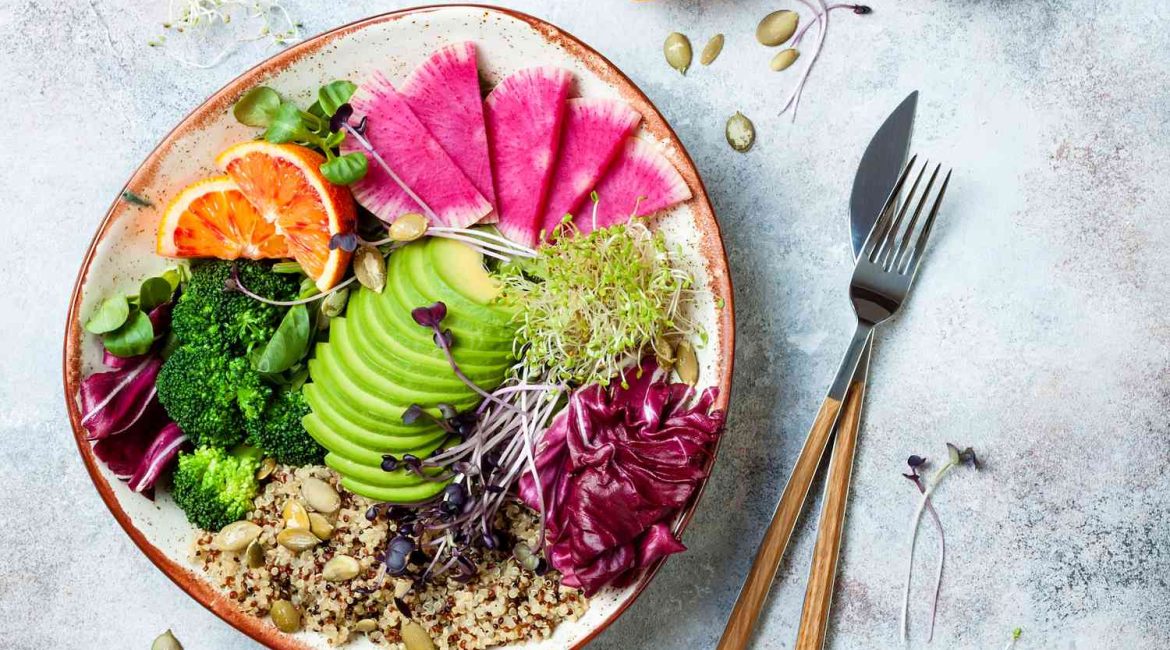In a world full of fast food, stress eating, and constant distractions, many people have lost touch with their natural hunger and fullness signals. Mindful eating is a simple yet powerful approach that helps you develop a healthy relationship with food, enjoy every meal, and nourish your body properly.
What is Mindful Eating?
Mindful eating is about being fully present while eating. It means paying attention to the taste, texture, and aroma of food, eating without distractions, and listening to your body’s hunger and fullness cues.
Benefits of Mindful Eating
✔ Prevents overeating – You learn to stop eating when you’re satisfied, not stuffed.
✔ Reduces emotional eating – Helps you separate real hunger from boredom or stress.
✔ Improves digestion – Eating slowly and chewing properly supports gut health.
✔ Increases enjoyment of food – You appreciate flavors more and feel more satisfied.
How to Practice Mindful Eating
1. Eat Without Distractions
Turn off the TV, put away your phone, and focus only on your meal. This helps your brain register what and how much you’re eating.
2. Listen to Your Body
Before eating, ask yourself: Am I truly hungry, or am I just bored, stressed, or emotional? Eat when you’re physically hungry, not out of habit.
3. Slow Down
Chew your food thoroughly and take small bites. It takes about 20 minutes for your brain to realize you’re full, so eating slowly prevents overeating.
4. Appreciate Your Food
Before eating, take a moment to appreciate the colors, smells, and flavors. This small habit makes meals more enjoyable and satisfying.
5. Stop When You’re Satisfied
You don’t have to finish everything on your plate. Pay attention to how your stomach feels and stop eating when you’re comfortably full.
6. Avoid Labeling Foods as ‘Good’ or ‘Bad’
Mindful eating is about balance, not guilt. Enjoy all foods in moderation and focus on how different foods make your body feel.
Final Thoughts
Mindful eating is not a diet—it’s a long-term habit that helps you enjoy food, stay in control, and feel better overall. By slowing down, listening to your body, and appreciating each meal, you can build a healthier, more balanced relationship with food.
